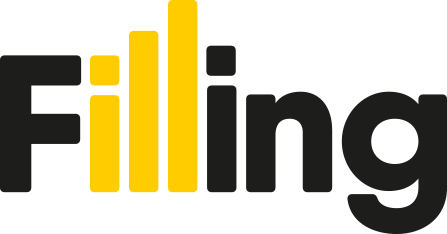Getting into a rehabilitation program is a major step toward recovery, and the primary week usually feels like essentially the most overwhelming. Between new surroundings, structured routines, and the emotional weight of starting treatment, it’s natural to really feel uncertain about what lies ahead. Understanding what typically happens throughout the initial days can ease a few of that nervousness and allow you to put together mentally and emotionally for the journey.
The Admission Process
Your first day usually begins with an intake or admission process. This includes paperwork, a dialogue of your medical and personal history, and possibly a physical exam. Workers will want to understand your substance use patterns, mental health background, and any existing medical conditions. This information helps them design a personalized treatment plan tailored to your needs. You may additionally be introduced to program guidelines, daily schedules, and the expectations you’ll must follow while in rehab. While this can really feel overwhelming, it ensures that you simply’re safe and supported proper from the start.
Detox and Medical Stabilization
For many, step one after admission is detox. This process allows the body to rid itself of drugs or alcohol while being intently monitored by medical staff. Depending on the severity of dependence, detox might last a number of days or up to a week. Symptoms can range from gentle discomfort to more severe withdrawal points, however trained professionals are available around the clock to manage them. Medicines may be prescribed to ease withdrawal and reduce cravings, making the experience as safe and manageable as possible. Although detox is commonly the hardest stage, it lays the foundation for the remainder of your recovery.
Meeting Workers and Peers
Once you’re settled, you’ll start meeting counselors, therapists, and other staff members who will guide you throughout treatment. Group therapy periods and shared residing arrangements additionally provde the probability to meet friends who are on a similar path. Many individuals discover comfort in realizing they’re not alone. These early connections can be powerful, as they provide encouragement and understanding throughout the difficult early days of recovery.
Adjusting to Construction
Rehab programs are typically very structured, which may feel like a big adjustment at first. Days typically begin early with activities akin to meditation, train, or group meetings. The schedule consists of therapy classes, educational workshops, and sometimes holistic activities like yoga or art therapy. Mealtimes and breaks are also set at particular hours. This structure is designed to replace the chaos of addiction with stability and routine, serving to you build healthier habits and patterns of living.
Therapy and Self-Reflection
In the course of the first week, you’ll likely participate in individual counseling and group therapy. These sessions allow you to start examining the basis causes of addiction, akin to trauma, stress, or mental health challenges. At the same time, you’ll start learning coping strategies for cravings, triggers, and emotional struggles. It may feel uncomfortable to open up to start with, but these conversations are a vital part of the healing process. Therapists create a supportive environment where you can start confronting the problems that fueled your addiction.
Physical and Emotional Reactions
It’s frequent to expertise a range of physical and emotional adjustments throughout the first week. Fatigue, irritability, and sleep disturbances might occur, particularly during detox. Emotionally, you would possibly feel anxious, sad, or even proof against the process. This is regular and expected. Workers are trained to help you through these challenges, and friends can even provide reassurance. As your body begins to stabilize and your mind clears, you’ll likely notice improvements in energy, focus, and mood.
Building Hope for Recovery
By the end of the first week, many people begin to see small signs of progress. Whether it’s getting through detox, feeling more connected to others, or finishing your first therapy session, these milestones are proof that change is possible. The first week is less about fast transformation and more about laying a foundation for long-term recovery. With time, consistency, and assist, the process turns into more manageable and even empowering.
If you loved this report and you would like to get extra data concerning Rolling Hills drug rehab center,Rolling Hills drug rehab center,Rolling Hills drug rehab center,Rolling Hills drug rehab center,Rolling Hills drug rehab center,this rehab facility,learn more,addiction treatment in New Jersey,dual diagnosis treatment in New Jersey,New Jersey drug rehab kindly take a look at our website.
